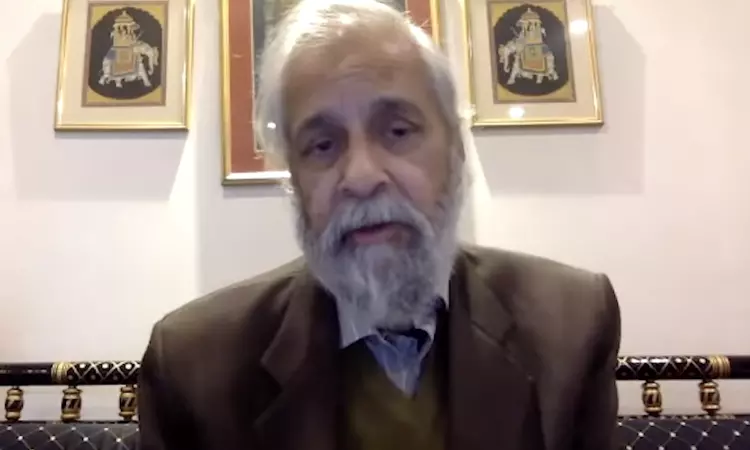Former Supreme Court judge Justice Madan B Lokur, who was a part of the Supreme Court collegium and one of the members of the bench which delivered the NJAC verdict, was interviewed by Manu Sebastian, Managing Editor of LiveLaw, in the backdrop of the ongoing tussle between the executive and the judiciary regarding the process for judges appointment.Edited excerpts from the...

